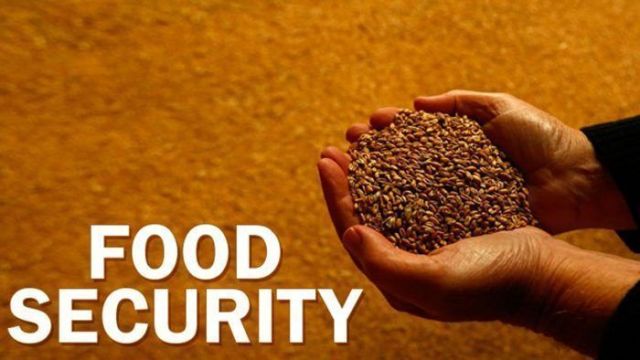
By Patricia Amogu
Mr Kolawole Banwo, a Development Expert, says adoption of climate resilient farming practices is a major panacea to the present shortage and high cost of food in Nigeria.
Banwo also noted that the high level of insecurity in the country and the upsurge in COVID-19 have disrupted food supply chains making food availability and affordability difficult.
He made the assertions while speaking with the News Agency of Nigeria (NAN) on Saturday in Abuja.
The expert however, added that Non Govermental Organizations
(NGOs) were ever ready to support government in the implementation of laudable projects that would make food available at affordable rates to the people.
As you know, the availability and affordability of food in terms of food security is a function of supply and demand.
Until recently, access to land, farm inputs and affordable financial products, as well as the effects of climate change, such as flooding and rainfall shortages, constituted major challenges to food production, Banwo said.
He noted that the recent high level of insecurity had denied farmers access to their farms and in some cases, harvests.
According to the expert, COVID-19 also disrupted supply chains and food distribution in the country.
These have all combined to cause shortage in supplies and surge in prices.
NGOs have always been involved in advocacy with duty bearers to develop policies and programmes to empower small holder farmers to be efficient in food production by having access to affordable inputs, technologies and markets.
NGOs also develop farmers capacity to undertake climate resilience farming practices for maximum yield and storage to avoid post-harvest losses which worsens supplies, Banwo said.
He said that some NGOs had also facilitated access to low cost credit facilities so that farmers could invest and increase production.
Many NGOs also undertake monitoring and evaluation of government agricultural interventions to ensure they are effective and reach the intended beneficiaries, providing feedbacks for improvement, Banwo said.
He said that the present rise in prices or food inflation, was caused mainly by the national economic downturn.
Banwo noted that this had affected household incomes, jobs, livelihoods and cost of energy, affecting transportation, and could not be addressed in isolation. (NAN)
Source: NAN News